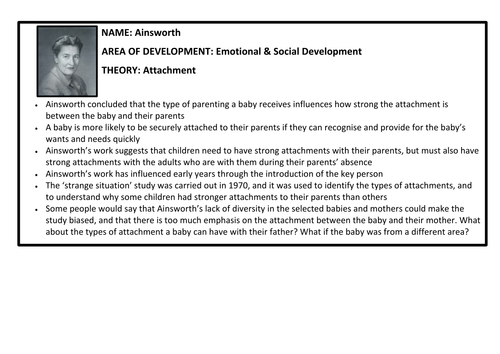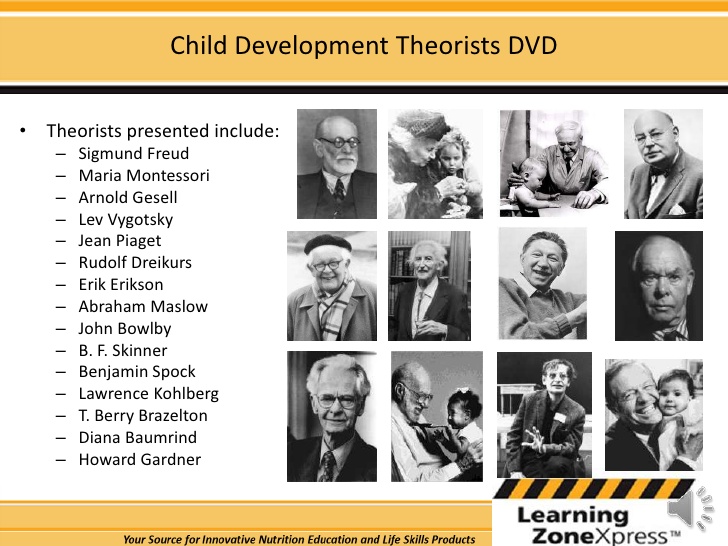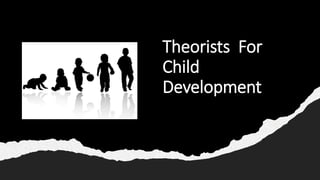Childcare theorists are individuals who have made significant contributions to our understanding of how children develop and learn. These theories have had a major impact on the way childcare is approached and have influenced the policies and practices of childcare centers, schools, and other institutions that work with young children.
One of the most well-known childcare theorists is Jean Piaget, a Swiss psychologist who developed a theory of cognitive development. According to Piaget, children's cognitive abilities grow and change as they interact with their environment. He proposed that children go through four stages of development: sensorimotor, preoperational, concrete operational, and formal operational. During the sensorimotor stage, which occurs from birth to about two years of age, children learn about the world through their senses and physical actions. In the preoperational stage, from about two to seven years of age, children begin to represent the world symbolically through language and mental images. In the concrete operational stage, from about seven to 11 years of age, children can perform logical operations on concrete objects and events. Finally, in the formal operational stage, from about 11 years of age and beyond, children can perform abstract logical operations and reason hypothetically.
Another influential childcare theorist is Erik Erikson, who developed a theory of psychosocial development. Erikson believed that children go through eight stages of development, each marked by a different psychosocial crisis that must be resolved. These crises include trust versus mistrust, autonomy versus shame and doubt, initiative versus guilt, industry versus inferiority, identity versus role confusion, intimacy versus isolation, generativity versus stagnation, and integrity versus despair. Erikson believed that the resolution of these crises is essential for the healthy development of a child's identity and sense of self.
Another important figure in the field of childcare is Lev Vygotsky, a Russian psychologist who focused on the role of social interactions in the development of children's cognitive abilities. According to Vygotsky, children learn best through collaboration and interaction with more skilled individuals, a process he referred to as the "zone of proximal development." He argued that children's cognitive abilities are shaped by the cultural and social context in which they live, and that education should focus on helping children develop the skills and knowledge needed to participate in their culture.
These are just a few examples of the many childcare theorists who have contributed to our understanding of child development and learning. Their theories have had a major impact on the way childcare is approached and have helped shape the policies and practices of childcare centers and schools around the world.









